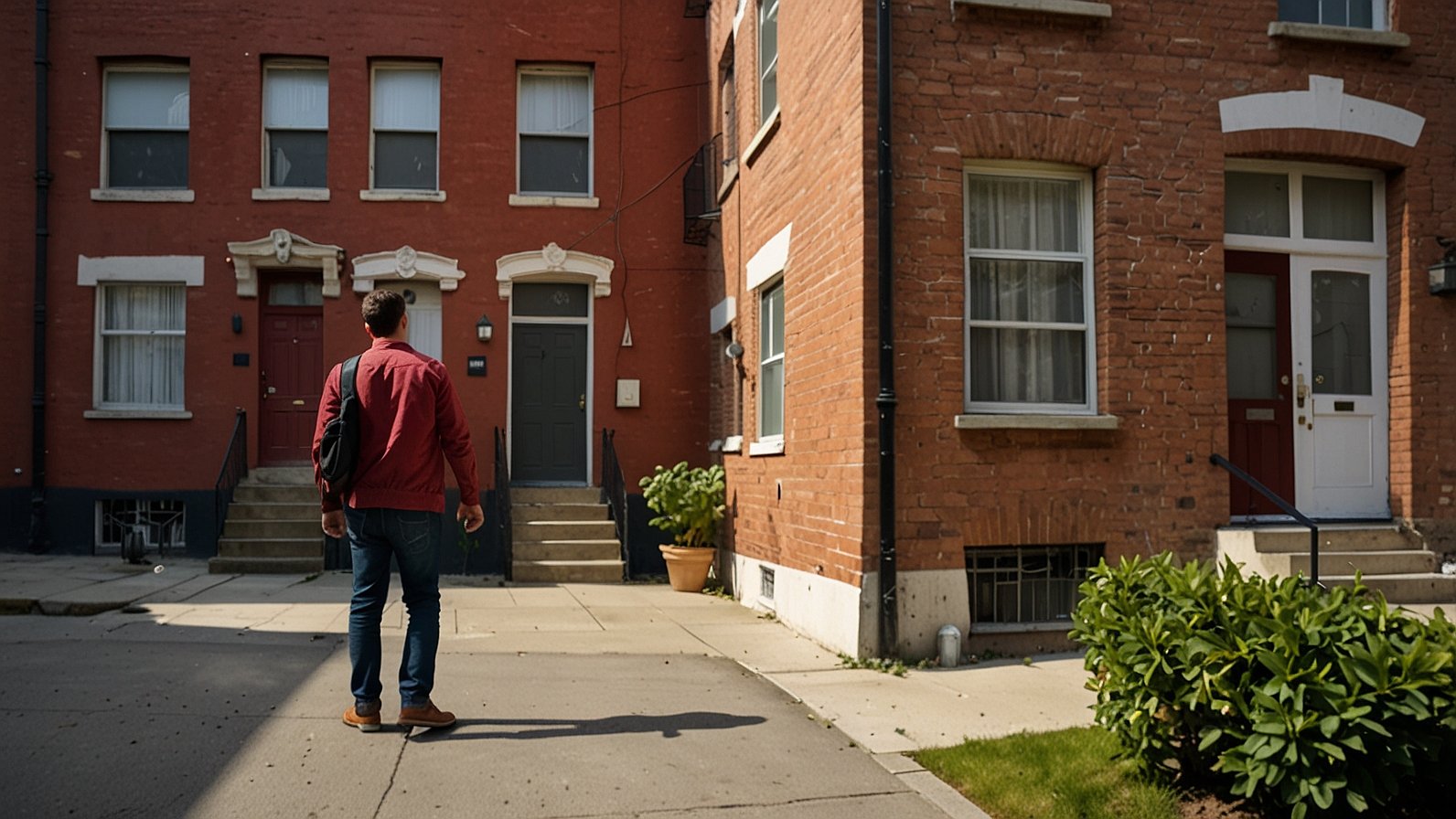If you’ve ever been stopped by police or questioned about your property, you may have wondered about your legal protections. One of the most important constitutional safeguards is the Fourth Amendment. Whether you’re driving, at home, or walking down the street, your Fourth Amendment rights play a key role in protecting your privacy. Understanding these rights helps you make informed decisions and stay within the law if you’re ever approached by law enforcement.
What Is the Fourth Amendment?
The Fourth Amendment to the U.S. Constitution protects people from unreasonable searches and seizures by the government. In simple terms, it limits when and how police officers or government agents can search your body, home, vehicle, or belongings. It also restricts when they can take your property or arrest you.
It reads, in part:
“The right of the people to be secure…against unreasonable searches and seizures, shall not be violated, and no Warrants shall issue, but upon probable cause…”
Your Fourth Amendment rights are central to maintaining personal privacy and protecting against overreach by law enforcement.
When Does It Apply?
Your Fourth Amendment rights come into play whenever a government official, like a police officer, tries to search or take your property. It applies in many situations, including:
- Police entering your home
- Searching your car during a traffic stop
- Looking through your phone or personal devices
- Stopping and frisking you in public
However, the amendment does not apply to private individuals. For example, if your landlord or a neighbor goes through your stuff, it’s a different legal matter – not a Fourth Amendment issue.
Searches That Require a Warrant
Generally, police need a search warrant to search your home or property. A warrant is a document signed by a judge that allows officers to search a specific place for specific items. To get a warrant, officers must show probable cause—reasonable grounds to believe a crime has occurred or that evidence can be found.
Some examples where a warrant is usually needed:
- Entering your house to search for drugs
- Looking through your personal files at home
- Seizing property inside your garage
If police search without a warrant in these situations, they may be violating your Fourth Amendment rights.
Warrantless Searches: Exceptions to the Rule
Although the Fourth Amendment protects against unreasonable searches, there are several exceptions where no warrant is needed. These include:
- Consent: If you give permission, no warrant is required.
- Plain View: If officers see illegal items in plain sight, they can take them.
- Exigent Circumstances: If there’s an emergency or danger, police can act quickly.
- Search Incident to Arrest: Police can search your body and surroundings if they arrest you.
- Automobile Exception: Vehicles have fewer privacy protections, so officers may search without a warrant if they have probable cause.
These exceptions can make things confusing, especially during traffic stops or when multiple people are involved.
Traffic Stops and the Fourth Amendment
Traffic stops are one of the most common times when people face questions about their Fourth Amendment rights. During a stop, police can:
- Ask for license and registration
- Look into your car windows
- Use a flashlight to see inside the vehicle
But unless they have a reason (like the smell of drugs or visible items), they can’t search your car without your permission or probable cause. If they ask, you have the right to say no.
That said, refusing may not always stop the search. If officers believe they have a legal basis, they may proceed, and any challenge to the search would need to happen in court.
Your Rights at Home
Your home has the strongest legal protections. Police usually need a warrant to enter and search unless:
- You let them in
- They’re chasing a suspect (hot pursuit)
- They believe someone is in danger
- Illegal items are clearly visible from outside
Even if police knock and say they’d like to talk, you’re not required to open the door or let them in without a warrant. You can speak to them through the door or ask if they have a warrant.
What Happens If Rights Are Violated?
If a court finds that a search violated your Fourth Amendment rights, any evidence found may be excluded from use at trial. This is called the “exclusionary rule.” For example, if police searched your car without a proper reason and found illegal substances, a judge might rule that the evidence can’t be used.
This process often involves a lawyer filing a motion to suppress the evidence. While this doesn’t always end a case, it can weaken the prosecution’s argument.
Final Thoughts
Knowing your Fourth Amendment rights helps protect your privacy and ensures fair treatment under the law. While there are exceptions to the rules, many searches require warrants, especially in private spaces like your home. In public or during a traffic stop, your rights still apply, though they may look a little different.
If you ever find yourself unsure about whether a search is lawful, it’s okay to ask if you are free to leave and whether the officers have a warrant or probable cause. Stay calm, stay polite, and know that you have legal protections that must be respected. Get in touch with the professionals at Rose Legal Services!
YOU MAY ALSO LIKE: The 72 Sold Lawsuit: What Happens When a Small Batch Sparks a Legal Firestorm











